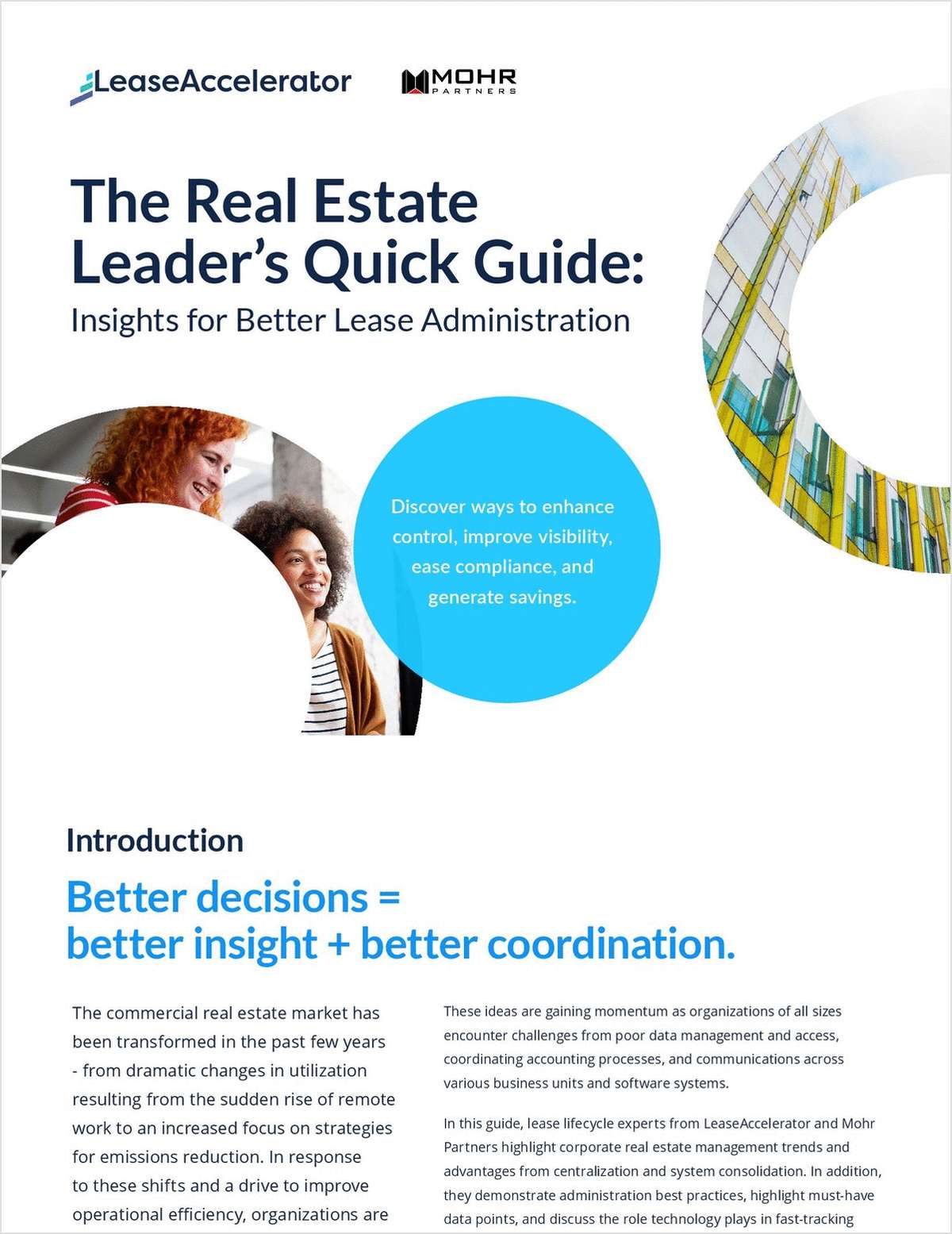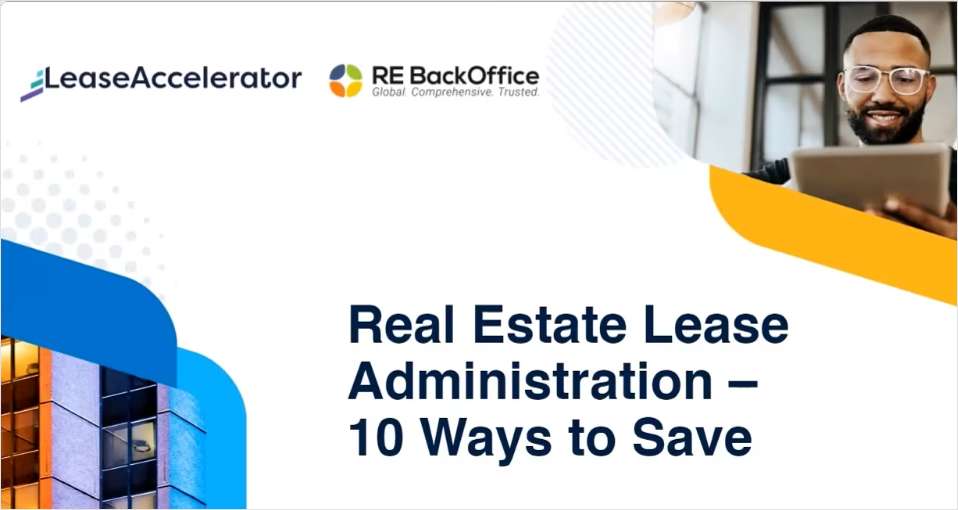"Some kind of money is going to have to be put on the table in some kind of way to make this work," says Scott Schuler, principal of Arnold, MD-based Schuler Consulting. "Retailers are not that eager to enter a risky circumstance. They want to play it safe for as long as they can." Since retailers face higher costs entering urban cores, the city governments that want them should consider offering tax-increment financing or paying for infrastructure costs to attract stores, he says.
Home improvement-chain Lowe's is one chain pursuing urban stores, and the biggest challenge for the company is finding spaces that fit the concept's format, says Linsday McGrady, the outfit's vice president of real estate development. "It puts forth the challenge of rethinking your whole format," he says. "The number one thing is finding something in these markets with the available space you're looking for, with as few levels as possible," he says.
Aspects of urban expansion Lowe's considers when looking at a site include proximity to public-transportation hubs for employees, convenient parking for customers and possible restrictions of truck sizes in urban areas that could hinder product deliveries to stores.
Another obstacle that Lowe's can face when entering an urban community is opposition from community groups. "We fight the big-box perception almost anywhere," McGrady says. "You have to fight that politically very often."
But that hasn't dissuaded cities from pursuing retailers for their downtowns. "Any box that wants to come into the city, we're going to do the best deal we can with them," says Jerome Dettore, deputy executive director of the Urban Redevelopment Authority of Pittsburgh. "Our goal is to let the big-box retailers know it is a very strong market."
© 2024 ALM Global, LLC, All Rights Reserved. Request academic re-use from www.copyright.com. All other uses, submit a request to [email protected]. For more information visit Asset & Logo Licensing.





